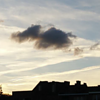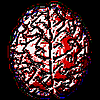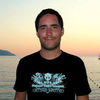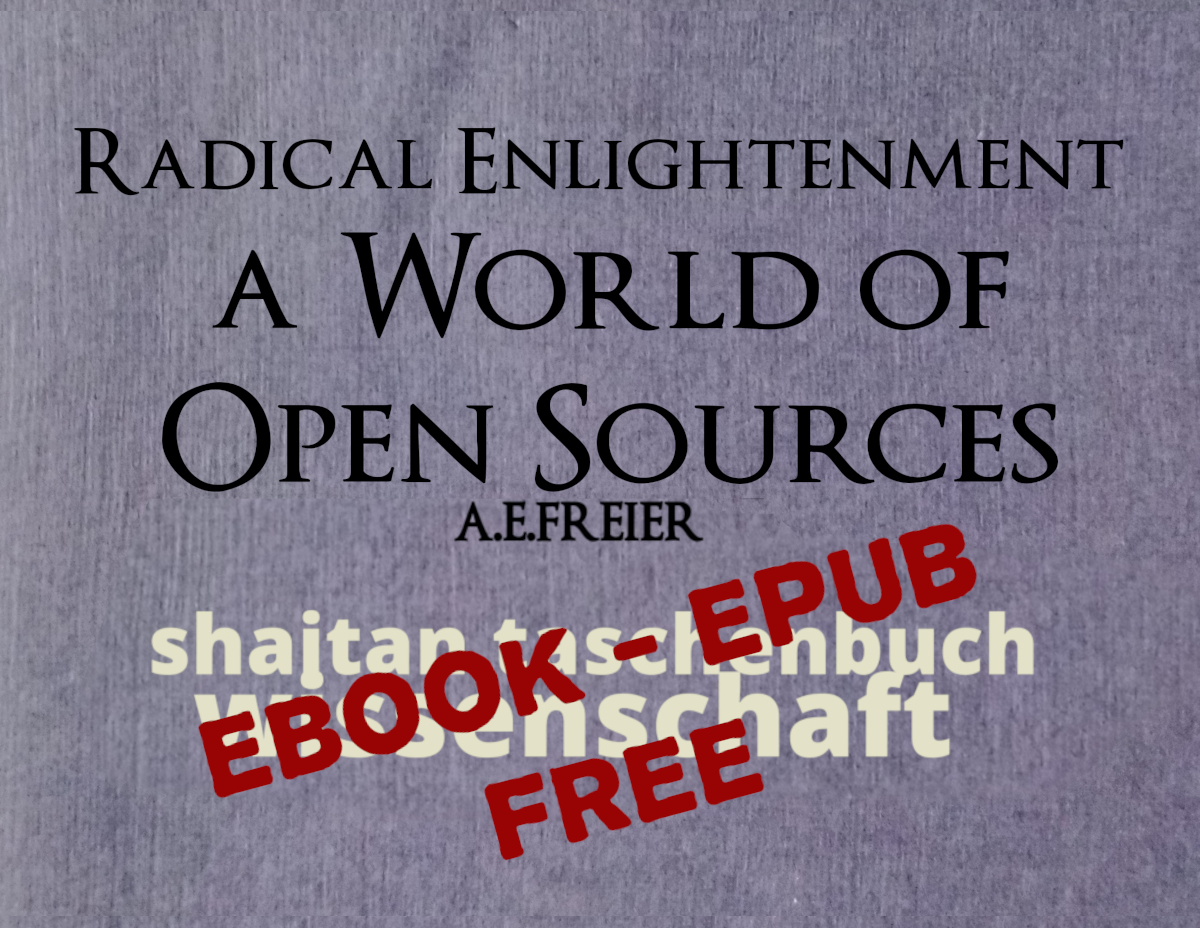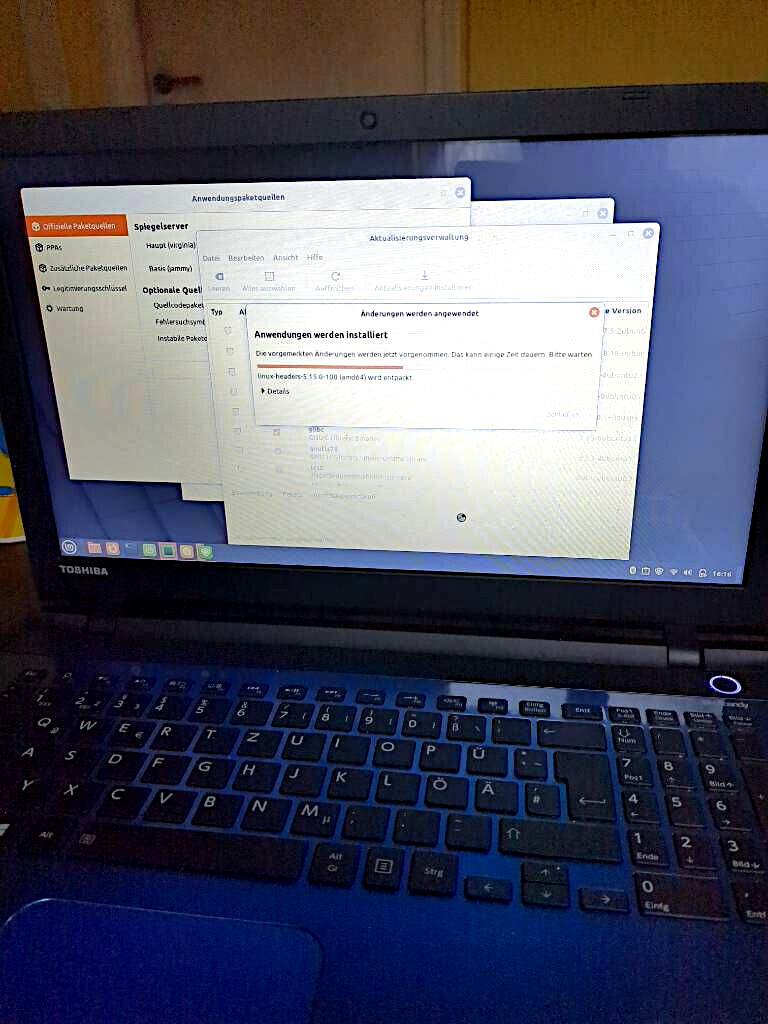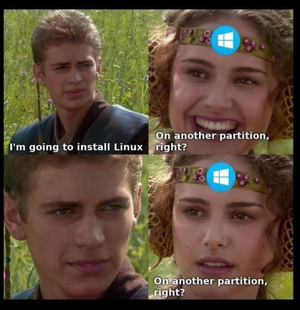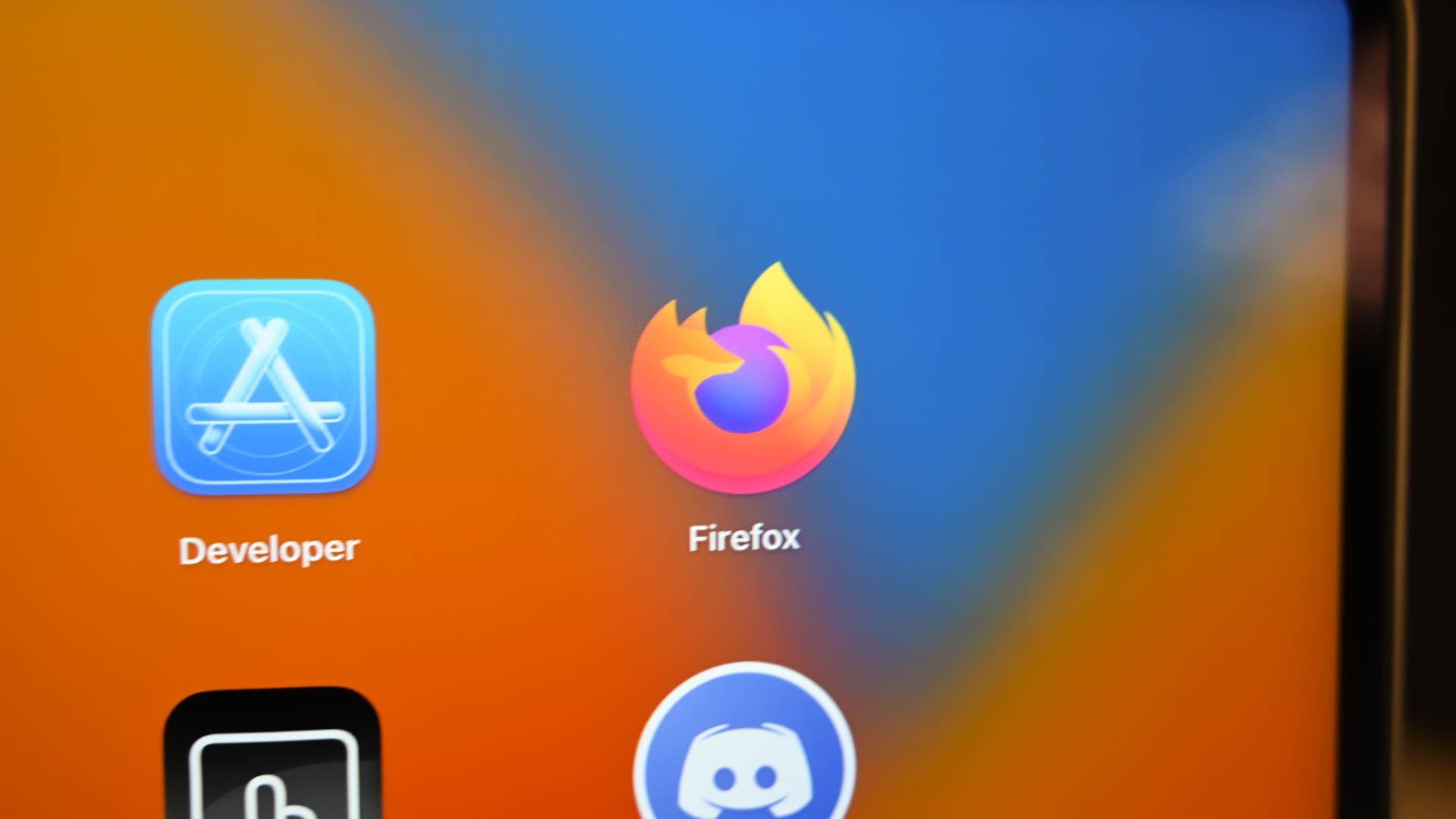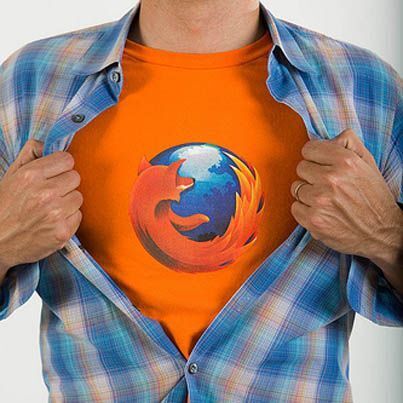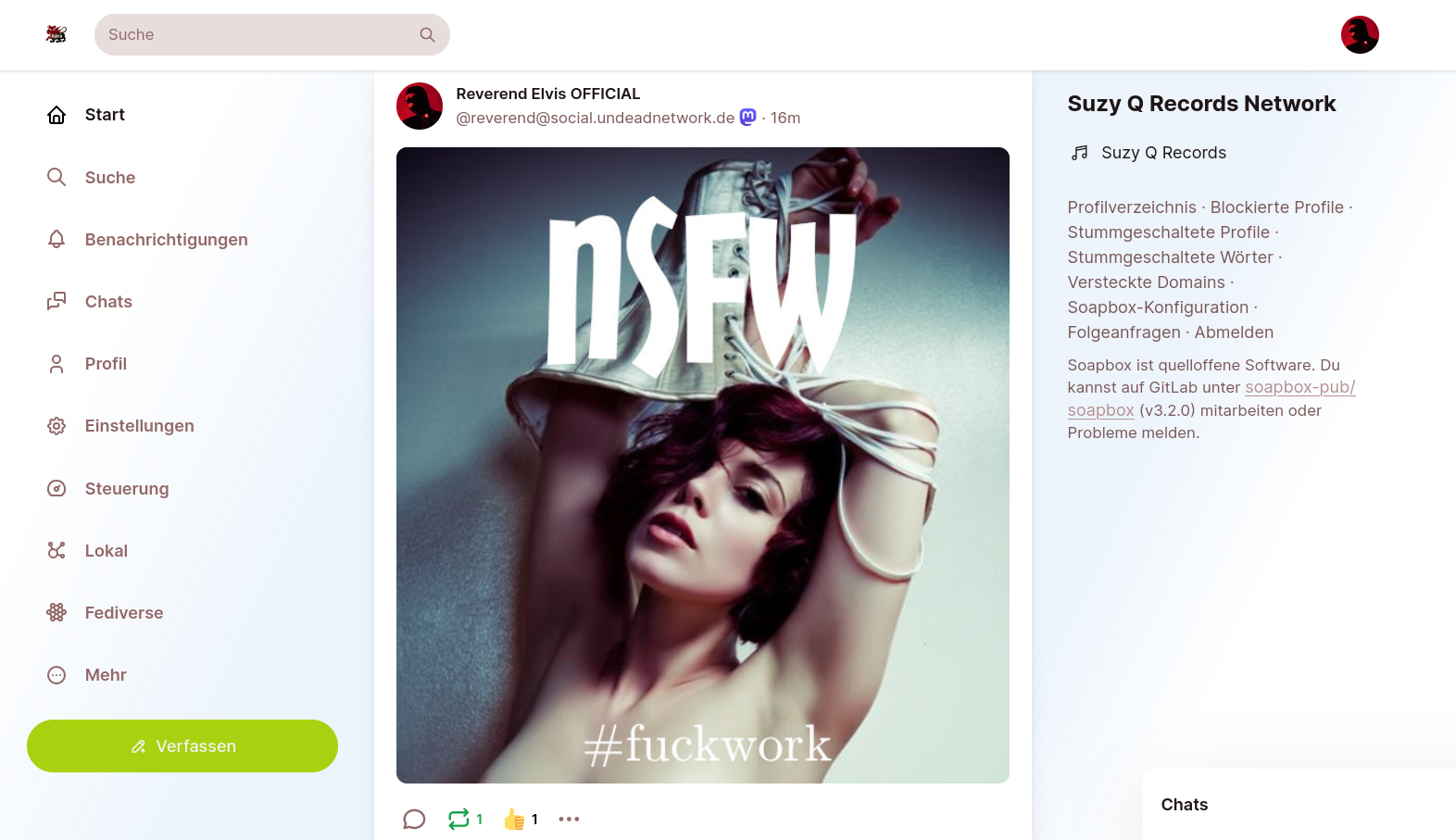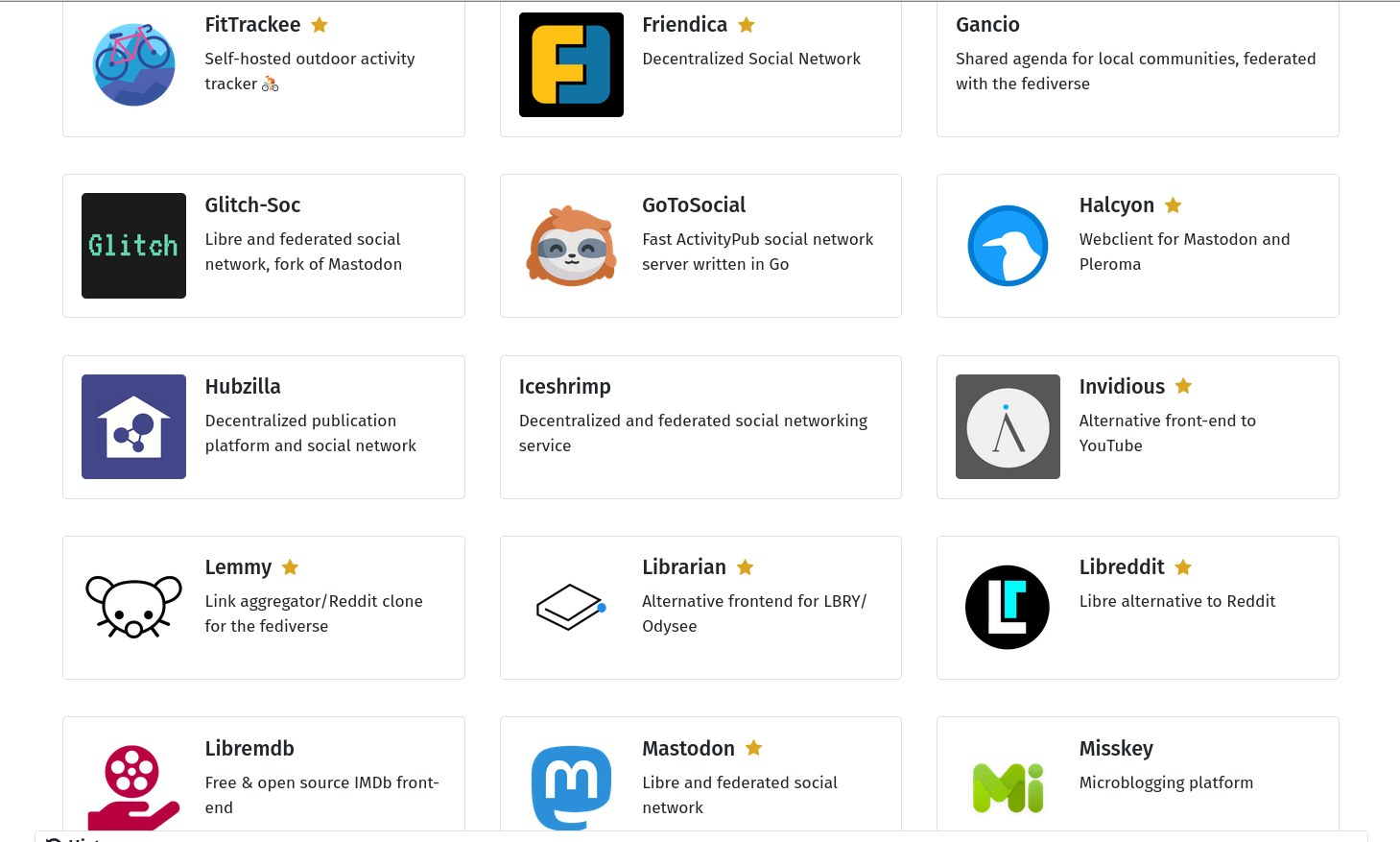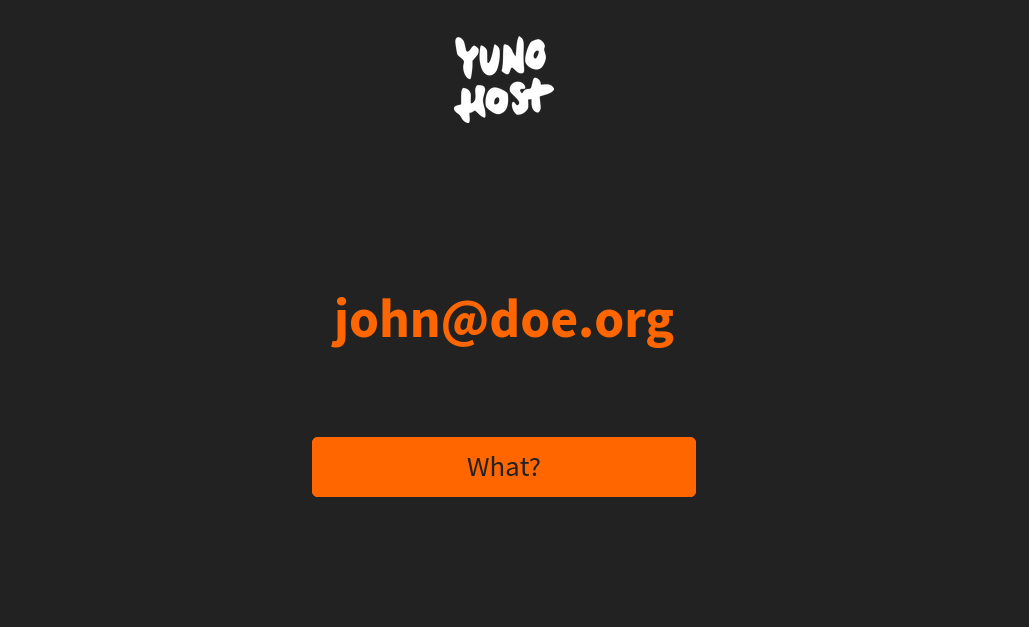The dialectic of freedom
So if freedom is our highest good and we cannot do without it without giving up our existence as human beings, how do we deal with it? Freedom also means danger.
This is the confusing ambivalence inherent in freedom. If we cannot curtail freedom without losing it, but as human beings we also cannot live without a contract that puts the law of the strongest in its place and prevents arbitrariness and vigilante justice, then what can we do to solve this paradox of freedom?
Since Aristotle, there has been a rational, scientific method for humanity to live neither in immaturity nor in arbitrariness. Ethics. In contrast to morality, which is its own negation and describes the state of the other, the despicable, as immorality, ethics is the scientific study of habits, customs and practices.
Even the pre-Socratic Sophists considered it intolerable that human beings, as rational beings endowed with free will, should be guided only by traditions, conventions and sets of rules.
Aristotle elevates this to the status of a science that allows us to rationally, empirically develop and repeatedly negotiate a social contract. Ethics presupposes man as fundamentally rational and capable of reflection. If he were not, he would never have been able to leave the realm of naïve sensuality and mysticism and, like an animal, would merely be at the mercy of his drives and instincts.
The basis of ethics is virtue. Contrary to the claims in revelations and in despotisms, there are no transcendent rules laid down before human reason. Moses' 10 Commandments contradict all science and are unethical. Not in their content, for that is to be negotiated, but in their God-given immutability.
The constitutions that we expect today as the basis of a modern, enlightened society did not come into being by the grace of God or through the brainwave of a single person. They were fought for and negotiated in a historical process. Our living together is a result of this ethical process.
But what does that mean for a globalised, digitalised world in transition? A world in which nation states no longer play a role (even if everyone clings to them in panic), in which language barriers disappear and permanent real-time communication takes place?
What can be clearly said is that a radical change is taking place. That the old rules, laws and constitutions, that the old social contract has to be renegotiated. Ethics is therefore the science of the hour!
The Marxists in the 19th century already tried to create a world ethic. They called it internationalism, a word that already bears nationalism in its name. The situation in the 21st century is different, arbitrary borders are dissolving, a real world community is emerging.
And in order to master this, to develop a world ethic, we need tools that enable us to do this. These must be, in the Marxian sense, tools of self-empowerment. Digital structures must not be in the hands of individuals or companies or nations. The structure must be free.
That an ethical basis for digitalisation must be created was clear to smart, rational people from the very beginning. The basis of the information age and the digital transformation is based on software. In addition to the proprietary systems and programmes that still dominate today, open source software emerged early on. Software that belongs to no one, that can be further developed by everyone and that guarantees full freedom and is perfectly suited as an ethical tool of a new society.
Open source software is therefore not a technical phenomenon, but an ethical, political one. A structure for our future.
FULL TEXT ----> HERE! https://undeadnetwork.de/bookstack/books/radical-enlightenment-a-world-of-open-sources-translation/page/english-version-please-edit
https://word.undead-network.de/2024/01/20/the-dialectic-of-freedom/
#ethics #FOSS #freedom #future #moral #OpenSource
